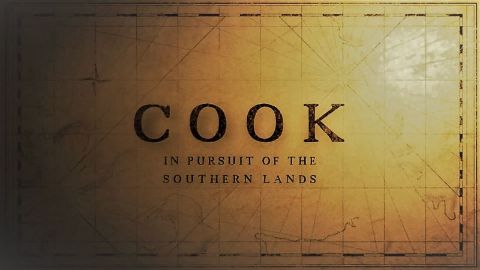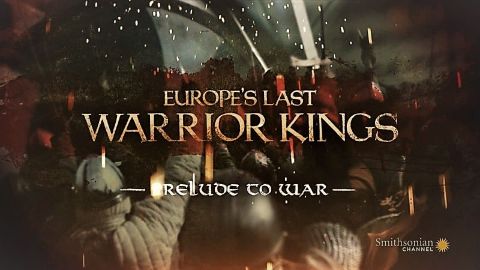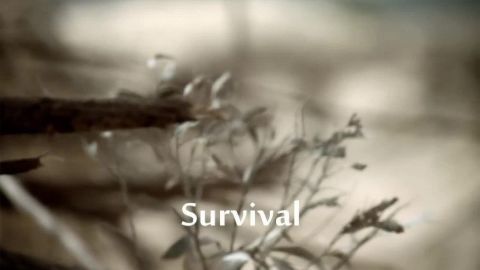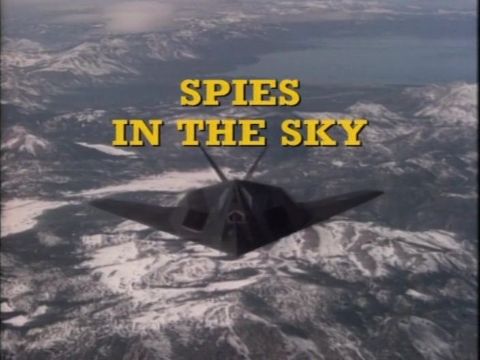You might also like
In 1415, the Portuguese launch an era of explorations that will lead to the European discovery of the world. The competition is intense between France and the United Kingdom for the possession of North America and the West Indies for the Indian colonies, but also for Science.
S3E4 • Butterfly Effect • 2018 • History
In the premiere, King Edward the Confessor dies without an heir, triggering a bitter race to succeed him as King of England. Earl Harold is on the spot and takes the crown. But in Normandy, Duke William believes the throne has been promised to him.
S1E1 • Europe's Last Warrior Kings • 2018 • History
Andrew Marr sets off on an epic journey through 70,000 years of human history. Using dramatic reconstructions, documentary filming around the world and cutting-edge computer graphics, he reveals the decisive moments that shaped the world we live in today, telling stories we thought we knew and others we were never told. (Part 1: Survival) Starting with our earliest beginnings in Africa, Marr traces the story of our nomadic ancestors as they spread out around the world and settled down to become the first farmers and townspeople. He uncovers extraordinary hand-prints left in European caves nearly 30,000 years ago and shows how human ingenuity led to inventions which are still with us today. He also discovers how the first civilisations were driven to extremes to try to overcome the forces of nature, adapting and surviving against the odds, and reveals how everyday life in ancient Egypt had more in common with today's soap operas than might be imagined.
S1E1 • Andrew Marr's History of the World • 2012 • History
It's June 1944. the Soviet Red Army and the Western Allies are in a race to the finish line. The prize is Hitler's Berlin, and whoever is first to cover 700 miles will not only win the war but will get to decide
S1E6 • History By The Numbers • 2021 • History
The Roman emperor Nero is considered one of history's greatest criminals. His name has become synonymous with evil, as historic accounts have accused him of killing his stepbrother, his wife and his mother, as well persecuting Christians and instigating the devastating Great Fire of Rome. This is the judgement that is passed in history from one generation to the next, but are these accounts of Nero's reign accurate? New scientific discoveries and a closer examination of the ancient texts written about Nero cast a different light on the Roman emperor and the accusations levelled against him. Secrets of the Dead: The Nero Files follows internationally renowned criminal psychologist Thomas Muller and a team of scientists and historians as they investigate the new evidence in order to discover the truth about the controversial emperor.
Secrets of the Dead • 2019 • History
The Story of Aerial Photographic Reconnaissance The fascinating story with newly released footage on how flying high and fast, and often unarmed, aircraft brought back valuable intelligence on the enemy in both war and peace. Sometimes they did not return. We have come a long way since the first few silk-suited aerostiers of the French revolution ascended in tethered balloons to scan the battlefield through wobbly telescopes. In just 230 years, humanity has progressed from its first faltering flights to the capability to photograph from space an object the size of a grapefruit - a testament both to technological progress and our need to keep a close eye on the world around us. From the days of artillery-spotting balloons the extensive use of aerial reconnaissance began in the Great War and has continued throughout wartime and peacetime. Newly released footage shows the dangers that these planes faced flying high and fast in enemy territory. Many of these reconnaissance planes were unarmed with only their wits to guide them safely back home. Some however never returned.
18/20 • The True Action Adventures of the Twentieth Century • 1996 • History





